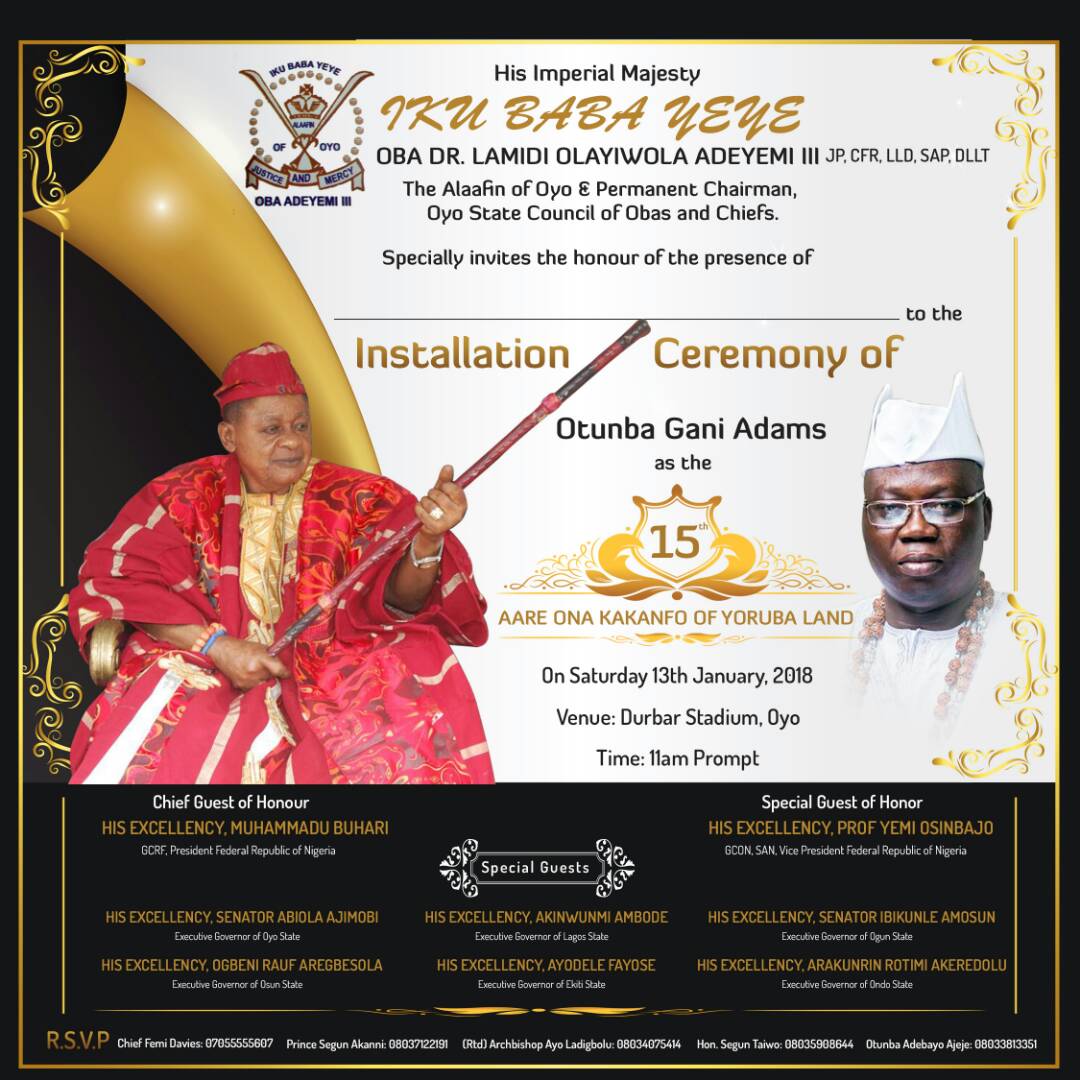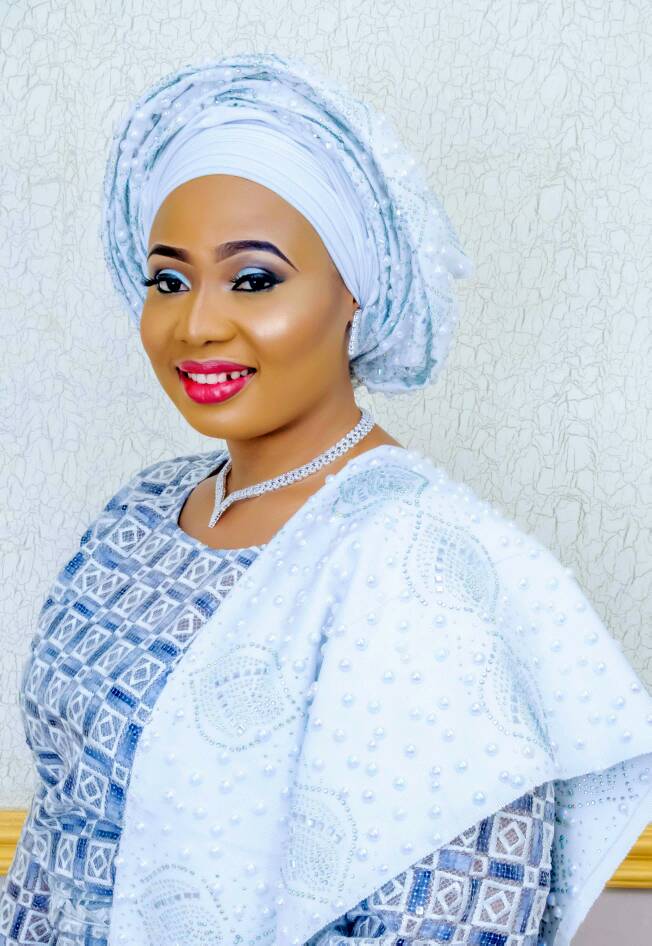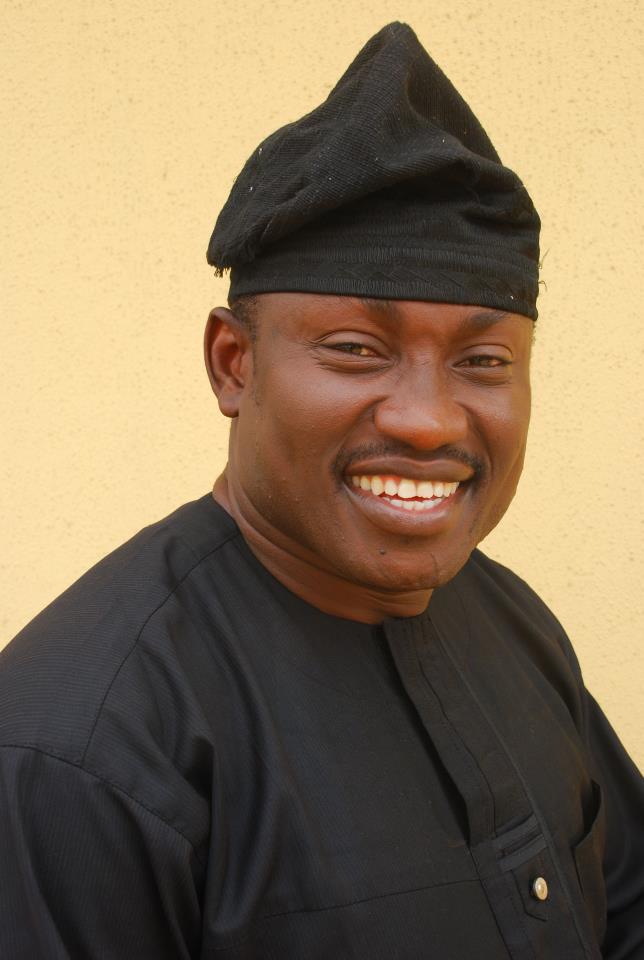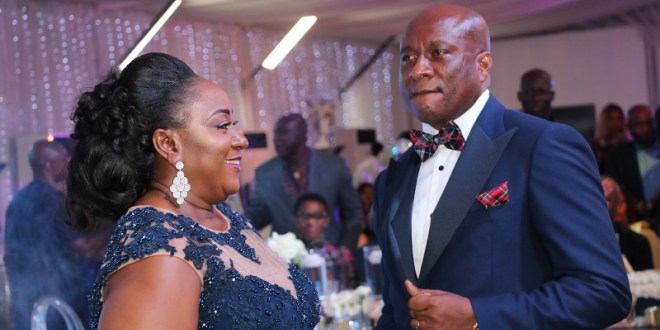By Chinedu Chidi
When famed German composer and pianist, Beethoven described music as a “higher revelation than all wisdom and philosophy” and as “the electrical soil in which the spirit lives, thinks and invents”, he may well have laid out a profound exposition of the depth and reaches of the art, one that is unrestricted by time or distance, by creed or colour, by status or zone. He envisioned a limitless art form. Today, we speak not only of its internal freedoms, but of its transcendent liberating force coursing through entertainment, education, politics, the economy, technology, and social change. Music has become a life form meandering like the bellows of an accordion into the many circles that define life as we know it.
In Nigeria, the music industry has grown in leaps and bounds. With over $2 billion in revenue annually, over 30 million monthly listeners worldwide, over 500 music producers, over 1000 record labels, over 50 radio stations amplifying its rhythms and sounds, and multiple digital music distribution platforms, Nigerian music has become the stuff of dreams, if only commercially.
Sadly, the fine art of the classical, orchestral and live performance genre, with its accompanying socially valuable messaging, is dying. The rapid rise of studio-recorded music, with its massive commercial success, has sadly provided an alternative to total music, one that substantively accommodates a wide array of ‘real’ instruments, trained voice, and electrifying theatre. It is perhaps the appeal of total music that inspired Victor Hugo to bellow, “Music expresses that which cannot be put into words and that which cannot remain silent”.
This challenge is one that is not only unique to Nigeria or Africa, but a universal one. In Sasha Frere-Jones’ piece, “Do Recordings Kill Music?”, she cited a profound quote from Richard Kostelanetz’s interview with John Cage, thus: “I’ve always said that a record is not faithful to the nature of music.” David Grubbs, a professor at the Conservatory of Music at Brooklyn College, she reports, “takes up a specific belief of Cage’s: that recordings can injure the ability of an audience member to experience a performance in real time. In theoretical terms, the recording reifies a specific moment, potentially interfering with a composition’s ability to live and change and breathe by fixing a single iteration as the ‘authoritative’ version”. Perhaps, nothing captures the triumphantly seductive and absorbing force of the authentic live performance than Robert Ashley’s description of Alvin Lucier’s 1969 piece, “Vespers” as referenced by Grubbs. Ashley wrote of “Vespers”: “No number of microphones and loudspeakers can reproduce the relationship between the sounds and the space in which the sounds create the musical experience.” This reminds one of Mozart’s delicate refrain that “The music is not in the notes, but in the silence between.”
This dying art form was once the force that rocked the bowels of mother Africa, from the Sahara to the Mediterranean. From Fela and Makeba to N’Dour, Salif Keita, Amr Diab, Sangare, Mapfumo, Kidjo, Mtukudzi and Ladysmith Black Mambazo, the glory days of message-laden total music may, but for the flickers embodied by the likes of the eternal Kidjo and the heirs to the Fela dynasty, be well and truly over.
But there appears to be a rebirth glistening in the hallways of MUSON Diploma School, a core component of the MUSON School of Music. The MTN MUSON Music Scholars Program, conceived in 2006, a partnership between MTN Foundation and the Musical Society of Nigeria (MUSON) School of Music, powers the diploma school. The partnership involves a 2-year Diploma in Music at the MUSON Diploma School. All the students admitted to the Diploma course receive MTNF Scholarships comprising annual scholarships worth N250,000 to cover tuition, books and transportation over a 2-year period. The graduating students are awarded an internationally recognized Diploma in Music. The scholarship is an open opportunity one. It allows applications from all musically talented youth through an open and fair process.
The school is home to the award-winning MUSON Diploma Choir directed by Sir Emeka Nwokedi, and the MUSON School Orchestra & Concert Bands. It has been able to produce outstanding Jazz ensembles such as the all-female GIRLZ RULE Band, the 5YZ MEN and The Theosolites.
At MUSON, MTN Scholars take advanced training in music with majors in voice or any of the instrument forms of: Piano, Organ, Violin, Viola, Cello, Double Bass, Flute, Clarinet, Saxophone, Trumpet, Trombone, Percussion, and Classical Guitar. “Students are also required to take 2 terms of an instrument minor other than their major instrumental family. All voice students must pass grade 2 piano, instrumentalists must pass vocal techniques and all students must belong to the choir. Orchestra is required for all string majors. All wind and percussion majors must belong to band. Others who may not be majors are welcome to audition for the orchestra band”, the school says. They also take part in high-level musical productions which provide the perfect opportunity to exhibit their talents and skills. At the end of their programme, the music scholars have the opportunity to showcase the result of their advanced training through performances at the annual Donors Appreciation Concert. This speaks to the neat integration of sound and rhythm, of theatre and messaging; the total music.
MUSON has been at the heart of developing and preserving the purest form of music in Nigeria, and helping to export same to the rest of Africa and the world. Created in 1989 by a group of friends, namely Mr. Louis Mbanefo (SAN), Mr. Akintola Williams (late), Chief Ayo Rosiji (late), Mrs. Francesca Emanuel (late) and Chief Rasheed Gbadamosi (late), the school was designed to promote, as Mr. Mbanefo, who is Chairman of the school, aptly captures, “the performance, understanding and enjoyment of serious music”. The dream, he notes, has continued to be realized, producing internationally reputed graduates and changing the dynamics of music in Nigeria and Africa. “The school has produced over 400 Diploma graduates, many of whom have continued their musical education in Europe, South Africa and America and attained international recognition. Most of our alumni have made and are making very impressive contributions to the musical life in Nigeria and indeed, the world. They have raised considerably the standard of singing and musical performance in churches, in schools and at social events. Indeed, many churches and musical societies throughout Nigeria are borrowing from the templates established by MUSON”, he proudly reveals.
As the proud owner of Nigeria’s “only professional Symphony Orchestra” and a choir of international renown, the school boasts a rich platform for empowering young Nigerian artistes and instrumentalists, especially in the dying art of classical and orchestral music performance.
Accredited by the Federal Government to award Diplomas in Music since 2002, the MUSON Diploma School grants all MTNF MUSON graduates diplomas which are equal to those awarded by the Associated Board of the Royal Schools of Music in the United Kingdom.
If the MUSON Diploma School is to continue to plot the course for Nigeria’s music salvation and become the sure hope of total music’s triumph for all of Africa, then it must display resilience, which its parent body— The Musical Society of Nigeria— chose as its Festival of Arts theme during the celebration of its 40th anniversary earlier this year. It must be resilient in the face of the onslaught of crass commercialism. It must be defiantly resilient if it must realize its goal of producing “well-rounded, thoroughly educated musicians…comparable to those found in a Conservatoire”.
And in its resilience, it must remember that lodged in the soul of this art, in its purest form, are the currents of humanity.


 Uncategorized5 years ago
Uncategorized5 years ago
 Entertainment6 years ago
Entertainment6 years ago
 Uncategorized7 years ago
Uncategorized7 years ago
 Uncategorized7 years ago
Uncategorized7 years ago
 Uncategorized7 years ago
Uncategorized7 years ago
 Uncategorized7 years ago
Uncategorized7 years ago
 Uncategorized7 years ago
Uncategorized7 years ago
 Trending News4 years ago
Trending News4 years ago




















